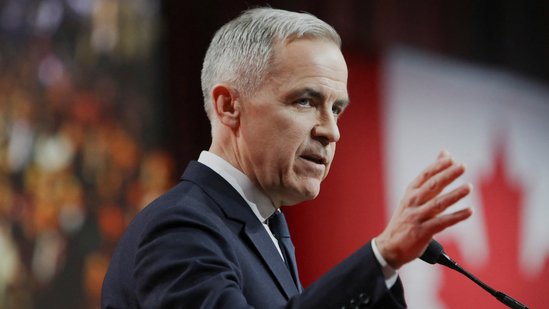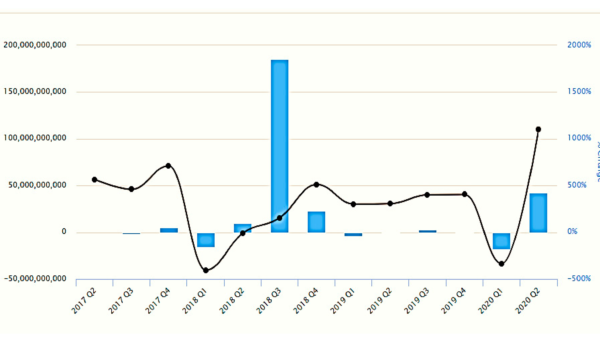Global Negotiations in South Korea Focus on Plastic Pollution
Delegates from around the globe gathered in Busan, South Korea, to finalize a landmark treaty aimed at combating the growing global plastic crisis. The meeting, a crucial step in international environmental efforts, brought together representatives from governments, environmental organizations, and industry leaders. The negotiations addressed the urgent need to curb plastic pollution, a problem that affects ecosystems, wildlife, and human health worldwide.
Reducing Plastic Production: A Key Priority
One of the central topics of discussion was the reduction of overall plastic production. Delegates from small island nations, which are disproportionately impacted by marine plastic pollution, emphasized the importance of tackling the problem at its source. They argued that limiting the production of plastics, particularly single-use items, is critical to preventing further environmental degradation. Their stance has garnered support from environmental groups that advocate for systemic changes in how plastics are manufactured and used.
Island Nations Highlight the Need for Source-Based Solutions
Island nations brought attention to the devastating effects of plastic pollution on their fragile ecosystems. They urged for stronger commitments to reduce plastic production and hold major producers accountable for the waste exported to developing nations. These nations argued that the current focus on recycling and reuse does little to address the root causes of the plastic crisis and that bold action is needed to mitigate its impacts.
Plastic Producers Advocate for Recycling Over Limits
Major plastic-producing nations and industries pushed back against calls to limit production, advocating instead for enhanced recycling and reuse programs. They argued that investing in better waste management systems and innovative recycling technologies could address the crisis without disrupting global supply chains. Industry leaders also highlighted ongoing efforts to develop biodegradable plastics and other sustainable alternatives as part of the solution.
Balancing Economic and Environmental Priorities
The negotiations revealed a stark divide between environmental priorities and economic considerations. While many nations supported production limits, others expressed concerns about the potential economic repercussions for industries reliant on plastic manufacturing. Developing countries, in particular, emphasized the need for financial and technical support to transition to sustainable practices without compromising economic growth.
A Step Toward a Global Plastic Treaty
The discussions in Busan are part of ongoing efforts to establish a comprehensive global treaty on plastic pollution, expected to be finalized in the coming years. The treaty aims to create binding commitments for nations to reduce plastic waste, improve waste management infrastructure, and promote sustainable alternatives. If successful, it could become a pivotal tool in addressing one of the most pressing environmental issues of our time.
Conclusion: Challenges Ahead for a Unified Solution
The global negotiations in South Korea mark an important step toward tackling plastic pollution, but significant challenges remain. The divide between those advocating for production limits and those prioritizing recycling underscores the complexity of achieving a unified agreement. As the treaty progresses, the world will watch closely to see if nations can bridge their differences and create a robust framework to combat the plastic crisis. For now, the meeting in Busan underscores the urgency of collective action to protect the planet’s ecosystems and future generations.
































